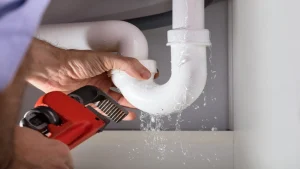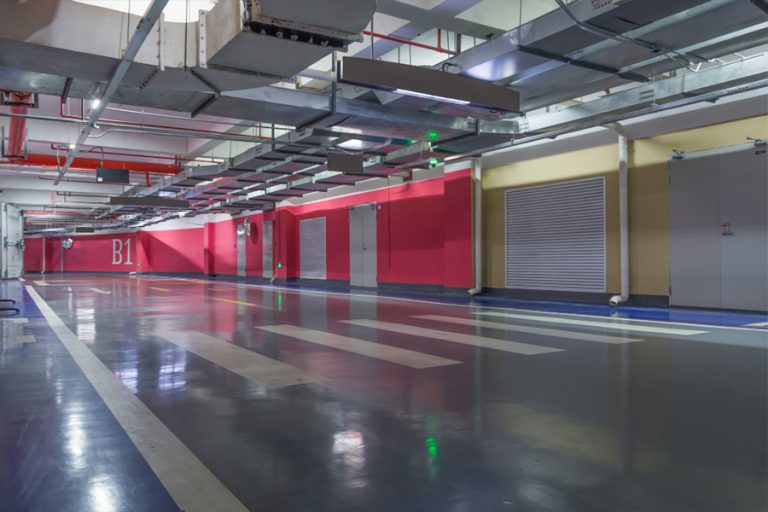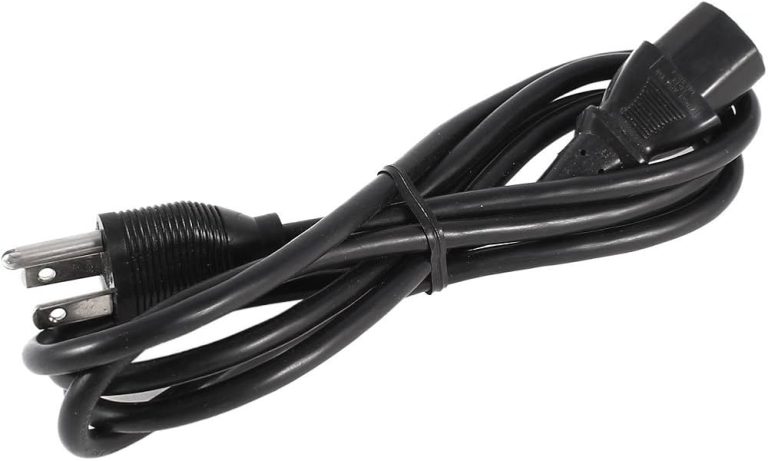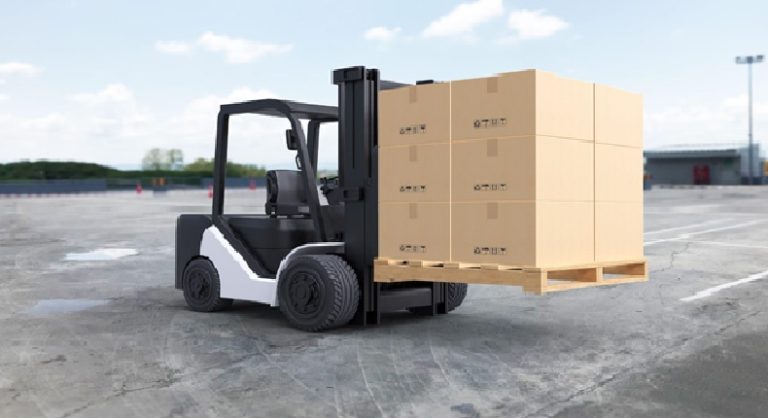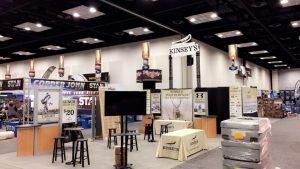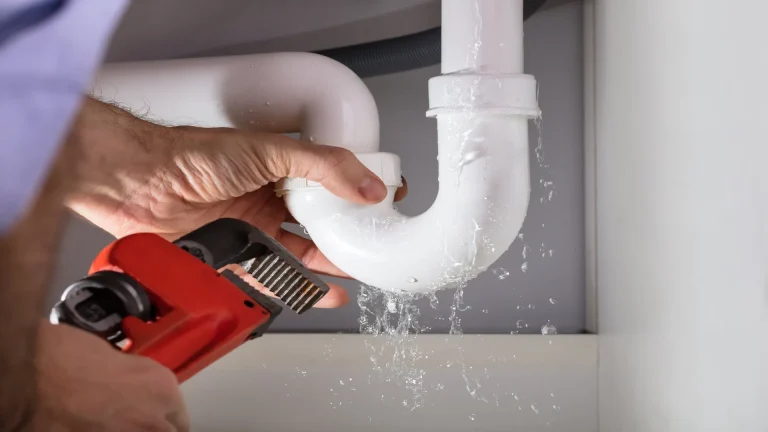Introduction
In today’s industrial landscape, sustainable manufacturing has emerged as a cornerstone of responsible business practices. Defined as the integration of eco-friendly processes and materials into production, sustainable manufacturing aims to minimize environmental impact while maximizing efficiency. At the heart of this movement are innovations like V belts, essential components in industrial machinery that play a pivotal role in achieving sustainability goals.
Role of V Belts in Sustainable Manufacturing
V belts, ubiquitous in various industrial applications, are integral to the efficient operation of machinery. Their primary function is to transmit power between shafts, ensuring smooth and reliable performance. Beyond their mechanical importance, V belts contribute significantly to sustainable manufacturing in two keyways:
- Energy Efficiency and Reduced Carbon Footprint: One of the primary benefits of V belts lies in their ability to enhance energy efficiency. By transmitting power with minimal frictional losses, V belts help reduce energy consumption compared to alternative transmission systems. This efficiency not only lowers operational costs but also decreases the carbon footprint of manufacturing processes, aligning with global environmental goals.
- Eco-Friendly Materials and Manufacturing Processes: The shift towards sustainable materials and production methods is pivotal in modern manufacturing. V belt manufacturers, like Jigna Sales, have embraced eco-friendly practices by utilizing materials such as recycled rubber and bio-based compounds. These materials not only reduce reliance on virgin resources but also support the circular economy by promoting the reuse of materials that would otherwise become waste.
Eco-Friendly Materials and Manufacturing Processes
In V belt production, the choice of materials and manufacturing processes is crucial in sustainability efforts. Jigna Sales, a leader in V belt manufacturing, employs advanced techniques to ensure their products meet stringent environmental standards:
- Types of Eco-Friendly Materials: V belts manufactured by Jigna Sales incorporate a variety of eco-friendly materials. These include recycled rubber sourced from post-consumer tires and belts made from bio-based polymers derived from renewable sources like plant oils. Such materials reduce the carbon footprint of production and enhance the durability and performance of the belts.
- Sustainable Manufacturing Processes: Beyond materials, Jigna Sales prioritizes sustainable manufacturing practices. These include energy-efficient production lines, waste reduction initiatives, and water recycling systems. By optimizing their processes, Jigna Sales minimizes environmental impact while maintaining high standards of product quality and reliability.
Case Studies
A testament to the success of sustainable manufacturing practices can be seen in real-world applications. Companies across various industries have adopted Jigna Sales’ eco-friendly V belts, resulting in notable benefits:
- Operational Efficiency and Cost Savings: A case study from the automotive sector showcases how switching to Jigna Sales’ V belts led to a significant reduction in energy consumption. By improving power transmission efficiency, the company not only lowered its operational costs but also enhanced the overall reliability of its machinery, thereby reducing downtime and maintenance expenses.
- Environmental Impact: The adoption of eco-friendly V belts has also had a positive environmental impact. Reduced energy consumption and lower emissions have contributed to the company’s sustainability goals, aligning with global initiatives to combat climate change and promote responsible manufacturing practices.
Future Trends
Looking ahead, the future of sustainable manufacturing and V belt technology holds promising developments:
- Emerging Trends: Industry experts predict continued advancements in material science and manufacturing technology. This includes the development of new bio-based polymers with enhanced durability and performance characteristics, further reducing the environmental footprint of V belts.
- Predictions for the Future: As regulatory pressures and consumer demand for sustainability grow, manufacturers like Jigna Sales are expected to lead the charge in innovative solutions. Future V belts may incorporate smart technologies for real-time performance monitoring and predictive maintenance, further optimizing efficiency and resource use.
Conclusion
In conclusion, V belts are not just essential components of industrial machinery but also pivotal in driving sustainable manufacturing practices. Through their role in enhancing energy efficiency, utilizing eco-friendly materials, and supporting cost-effective operations, V belts exemplify the integration of environmental stewardship into industrial processes. As businesses and industries embrace sustainable solutions, partnering with leaders like Jigna Sales ensures a path towards a greener future.

